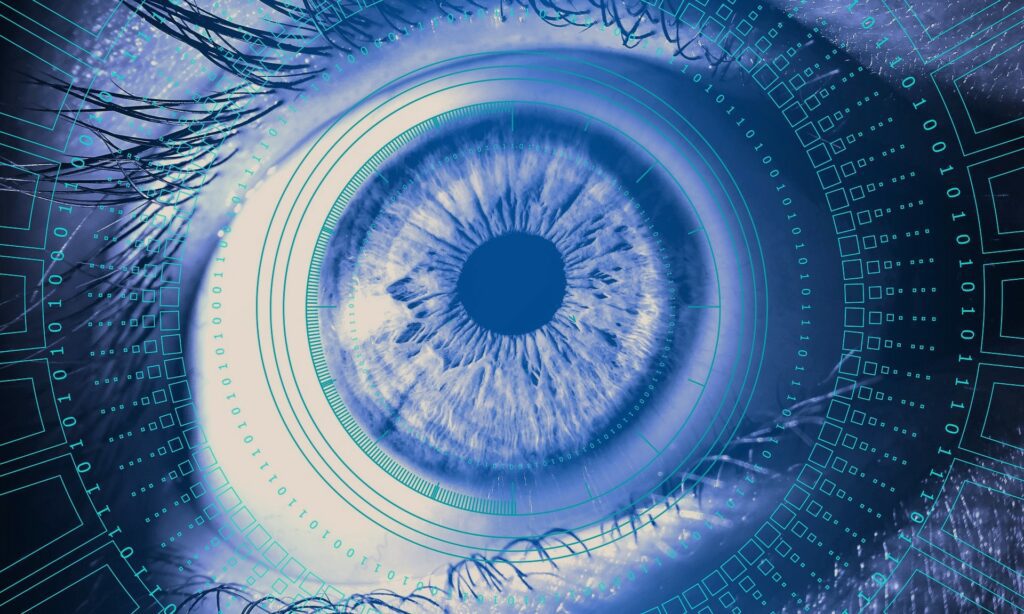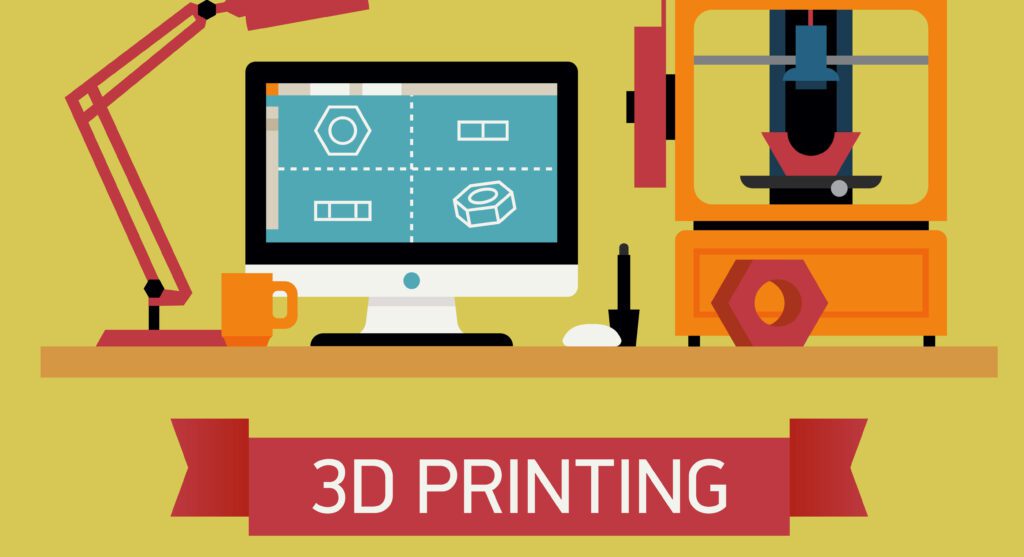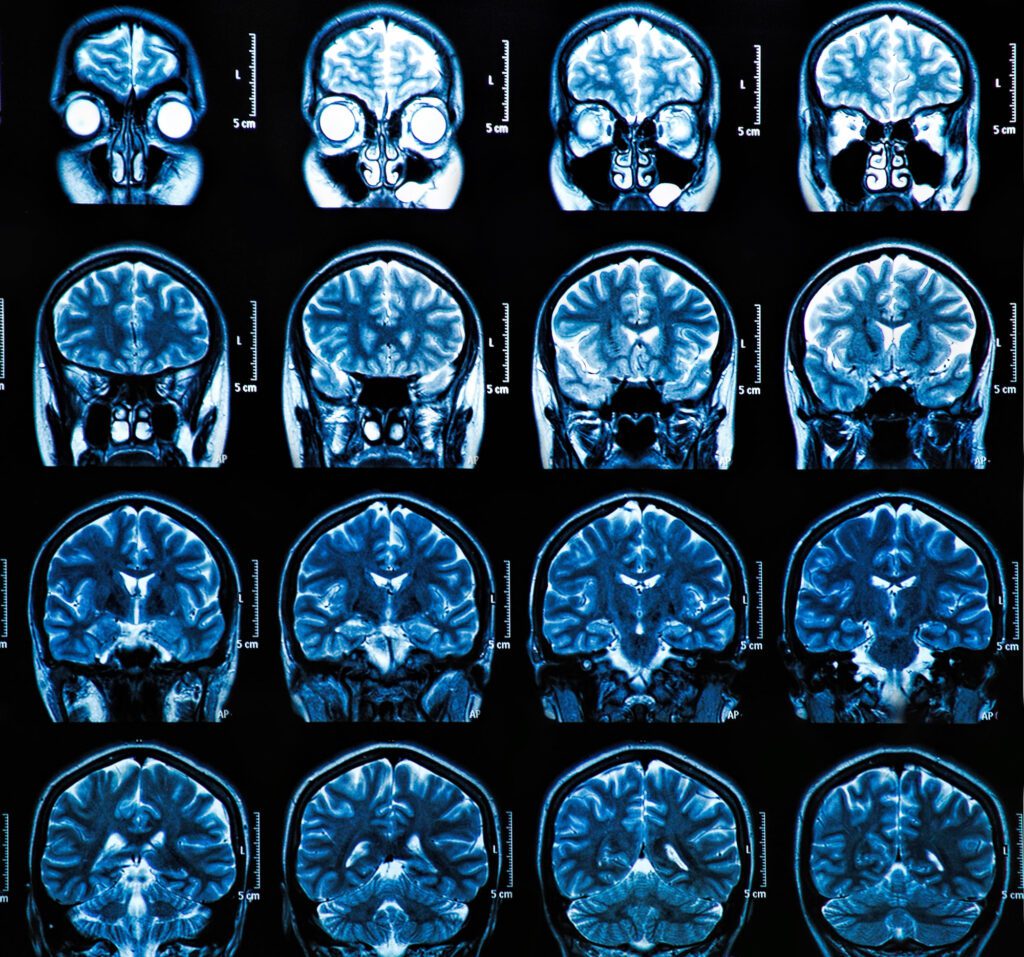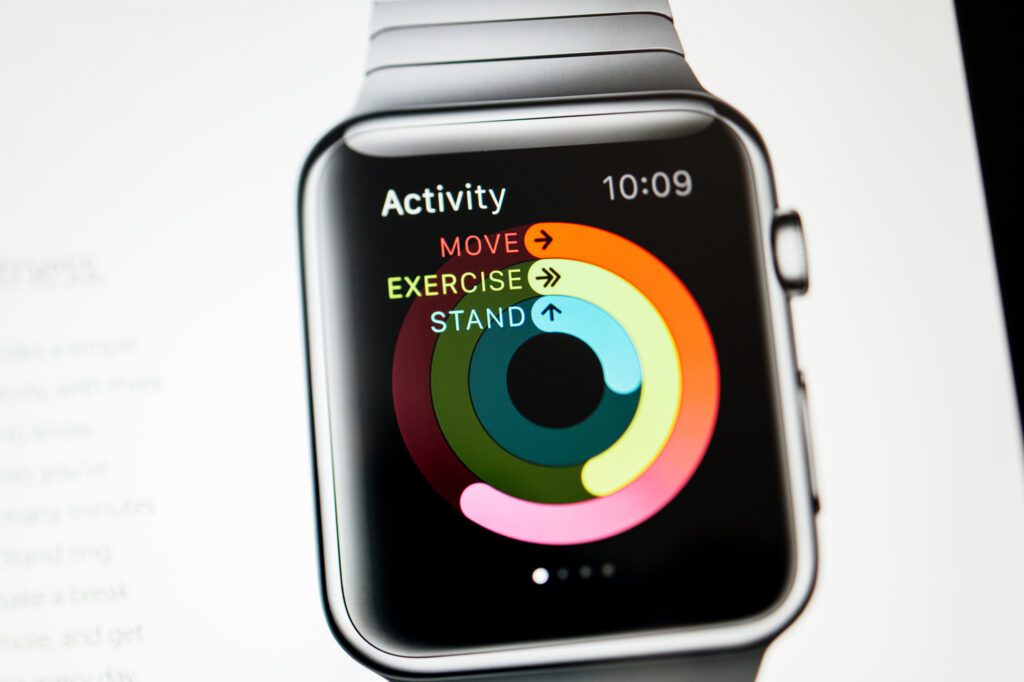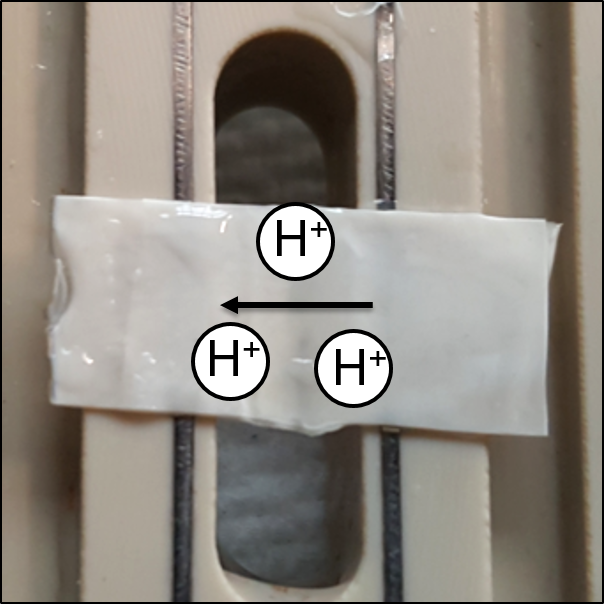Diagnostics & Healthcare News
FDA Permits Marketing of First Autonomous Artificial Intelligence-Based Medical Device
On April 11, 2018, the U.S. Food and Drug Administration (“FDA”) permitted marketing of the first device to use artificial intelligence (“AI”) autonomously to detect a medical condition. The device, called IDx-DR, utilizes an AI algorithm to screen for diabetic retinopathy. The device is unique in that its results do not require additional review by…
Read MoreMedical Device Companies Could Be Hurt By Chinese Tariffs
US medtech firms, including GE Healthcare (NYSE:GE) and the thriving Minnesota-based medtech sector, are concerned that tariffs on Chinese products proposed by President Trump could significantly affect their business, according to two reports released this week. GE Healthcare executives are worried that the tariffs could hurt the competitiveness of its products, including its magnetic-resonance imaging units which…
Read MoreFDA Demands Medical Devices to up their Security!
The US Food & Drug Administration plans to ask Congress for more funding and regulatory powers to improve its approach towards medical device safety, including on the cybersecurity front. An FDA document released this week reveals several of the FDA’s plans, including the desire to force device makers to include mandatory update systems inside…
Read MoreCosta Rica Seeing Rapid Growth in Medical Device Sector
Advant Medical a global leader in Medical Device contract services and manufacturing solutions, recently announced a significant investment for its expansion into Costa Rica. The Costa Rican expansion saw the opening of a 13,000 square foot facility with a 2,200 square foot, Class 8, cleanroom with capacity to manufacture Class I, II, III Medical Devices.…
Read MoreMedical Devices Sector Showing Signs of Recovery
MIXiii-BIOMED 2018 Conference chair Ruti Alon: The pendulum has to move back to medical devices, after a decade in which the sector was starved of financing. For almost a decade, companies in the medical devices sector have lacked financing. Is this era about to end? A report published this month by rating agency Moody’s signals…
Read More3D Printing Your Own Medical Devices – Why Not?
“Why aren’t you using additive manufacturing to make your medical devices?” Scott Taylor, Chief Technology Officer at Poly-Med Inc. (Anderson, SC), a supplier of bioresorbable polymers, posed that question to conference attendees at the recent co-located Medical Design & Manufacturing (MD&M) West and PLASTEC West event in Anaheim, CA. Armed with two compelling case studies, he went on to explain…
Read MoreThe FDA Has Approved the First Blood Test for Concussions
Researchers are only now starting to unravel the potential long-term ramifications of a seemingly minor traumatic brain injury (mTBI), or concussion, to our health. Part of the difficulty has been in even figuring out when someone has a concussion in the first place, leading to lots of unnecessary and not entirely risk-free brain imaging tests. But a new blood…
Read MoreApple iWatch Capable of Detecting Diabetes within 85 Percent Accuracy
It’s only been a few months since the Apple Watch began testing the waters as a tried-and-true medical device. But already, the wearable is proving its mettle. As per the latest study from Cardiogram founder Brandon Ballinger, the Apple Watch is capable of detecting diabetes with an 85 percent accuracy rate. There is a caveat to…
Read More5 Innovative Medical Device Projects Receive $200k Funding at Pitt
Even the highest-tech medical devices began purely as ideas — conceptual, back-of-the-envelope notes that traveled a complicated road from abstract notion to widespread usage. For six years running, the University of Pittsburgh’s Center for Medical Innovation (CMI) has encouraged products along this path by annually providing $200,000 in grants to Pitt researchers. “These are the kinds…
Read MoreSelf-Healing Flexible Medical Devices? The Key is Repetition
UNIVERSITY PARK, Pa. — Medical devices powered by synthetic proteins created from repeated sequences of proteins may be possible, according to materials science and biotechnology experts, who looked at material inspired by the proteins in squid ring teeth. “The question we had was whether we could make flexible and self-healing medical devices to work on…
Read More
